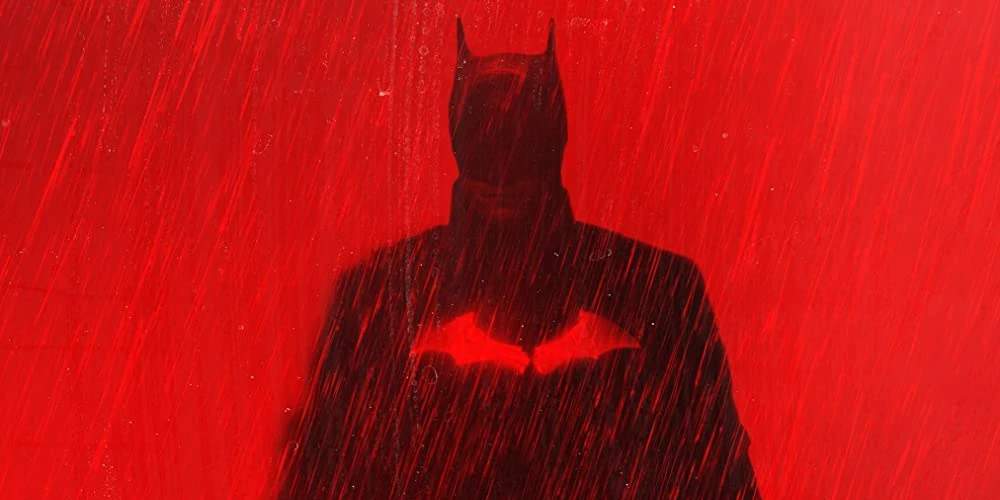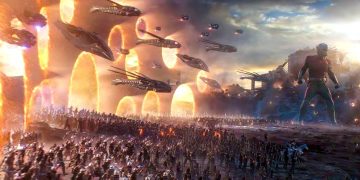It would be fair to say that—up to this point, at least—Marvel's execution of a cinematic universe has far surpassed anything anyone could've expected when Iron Man first arrived in cinemas.
The egotistical swagger with which the film franchise has raked in cash is a direct result of accomplishing something that was never done before. For that, Marvel deserves a spot in cinema history books.
On the other hand, Warner Brothers' DC Extended Universe ran into nothing but problems after problems.
While the MCU continued to hammer out beloved movies year after year, the DCEU has ambled along like a child in a bumper car, continually crashing into surrounding obstacles, jolting left and right.
The DC Extended Universe has seen many false dawns. First, fans wanted Zack Snyder removed from its main projects of the series. Then, in a U-turn that most politicians would find admirable, fans demanded his return to finish what he started in Justice League.
The DCEU's hardships have taught Warner Brothers a harsh lesson about trying to mimic the success of another film studio. That's why, in recent years, Warner Brothers has started moving away from the collective nature of a shared universe to focus on self-contained films.
Meanwhile, the MCU has doubled down on its "cinematic universe" concept with its multiverse play, and it will no doubt lead to another super-friends team-up to save all of existence in some way.
With Warner Brothers having announced that their projects will be more "director focused" in the future, here's why I believe DC's Extended Universe actually has a brighter future than Marvel's MCU.
This is an opinion piece. The views expressed in this article belong solely to the author and don't necessarily reflect the positions of whatNerd or the whatNerd team.
1. No Universal Big Bad Boss
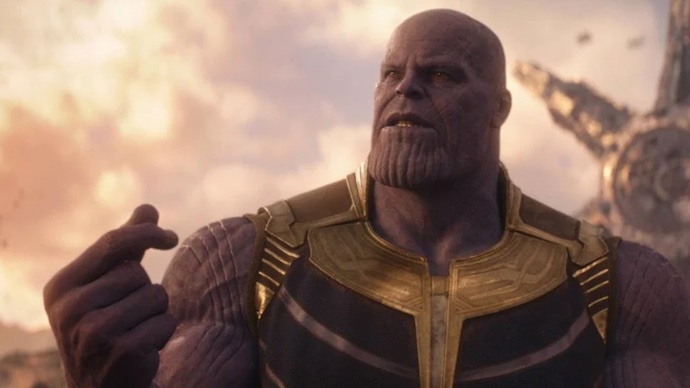
Marvel's buildup to Thanos was excellent long-form storytelling. Kevin Feige's plan to see half of the universe restored by The Avengers will always remain a shining example in how to plot an era of cinema.
But ever since Thanos' death, the MCU's direction appears more free-form. Sure, Kang the Conqueror will play a big part in the upcoming battles across the multiverse, but the MCU isn't overtly pulling in a singular direction at the moment.
After DC failed to build up Darkseid, they abandoned the drawn-out narrative in favor of more self-contained movies. The DCEU's lack of a universal threat makes the DCEU a more entropic setting.
What does that mean, practically speaking? Well, for fans and non-fans alike, that means we don't have to consume every piece of DC story to understand whatever grand ending lies ahead.
Instead, DC finally appears to have found its footing—by working with auteur-driven filmmakers who want more creative control. Paired with the lack of a grand narrative directive, this means each movie is free to become its own masterpiece rather than a cinematic puzzle piece.
2. Standalone Films With Purpose
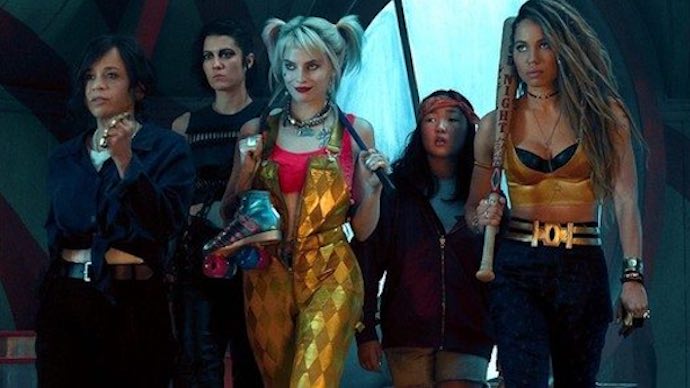
Let's be honest about the MCU: most of its films feel similar in tone, themes, and style. That's not to say they're bad. However, nobody can really argue against the fact that a Marvel movie is a Marvel movie.
That was also true of DC's early attempts to copy the MCU. Zack Snyder's DCEU movies clearly shared a thematic thread woven through them. But after the falling out between Snyder and Warner Brothers, DC's films have started to feel independent and individual.
Hiring MCU icon James Gunn to softly reboot the Suicide Squad story was a stroke of genius, resulting in a film that had the filmmaker's unique sense of wackiness to it, which earned critical and box office success. It's a strategy that could work well for DC.
Unlike the MCU, which will continue to put out good movies spearheaded by one master plan, the DCEU will instead embrace the varied minds of diverse filmmakers—and that's going to feel fresh against the MCU.
3. Darker Themes and Depth
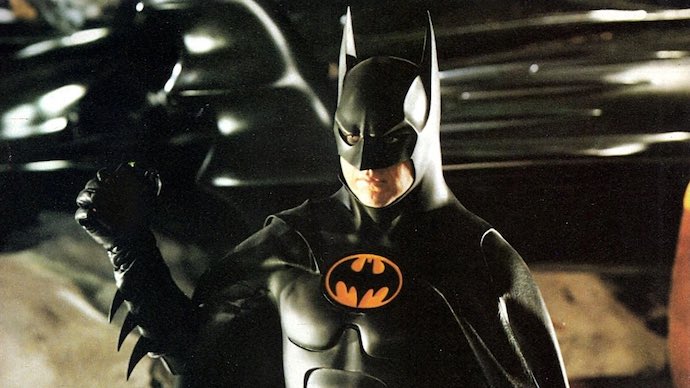
The MCU films haven't truly explored the full depths of its comic book sources. We're unlikely to see Laura Kinney become a prostitute (as she did in the original stories), as that's not in line with the MCU's tone.
On the other hand, DC appears to be leaning into the darkness of its superhero stories. Not only have they brought back Michael Keaton's definitive Batman, they've also released movies like The Suicide Squad (which aren't exactly suitable for children).
The willingness to dive deep into the darker themes of comic book history means that DC's work will be more varied and expansive for a wider audience. In between those, they'll still have their universally watchable films (such as Aquaman) that are made for people of all ages.
And moviegoers want darker stories. Fans are practically forcing Kevin Feige's hand to go darker with an R-rating for the upcoming MCU Deadpool movie. But whereas the MCU needs to tread carefully, the DCEU is free (and willing) to expand into more adult territory.
4. Creative Story Options
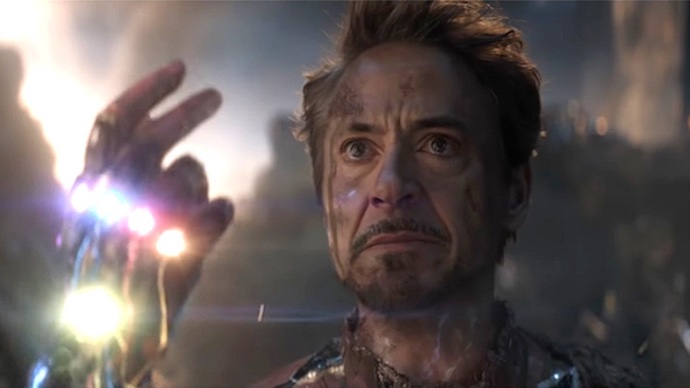
It feels as if Marvel is bound to one direction. They need an overarching story in each Phase of the MCU, otherwise their whole plan falls apart and the success of the franchise is plunged into uncertainty.
This approach has obvious advantages, but also drawbacks. Marvel's reliance on defined story arcs severely limits the creative storytelling potential within each film. Furthermore, Marvel has essentially backed themselves into a corner, continually forced to one-up what came before.
DC is no longer bound by such an approach. Sure, they've given up large crossover team-ups that can rake in huge box office numbers, but they've afforded themselves more room for more creative narratives.
The films in the DCEU aren't bound to an overarching plot or any particular themes, which opens up a whole lot of interesting paths.
5. Full Ownership of Character Rights
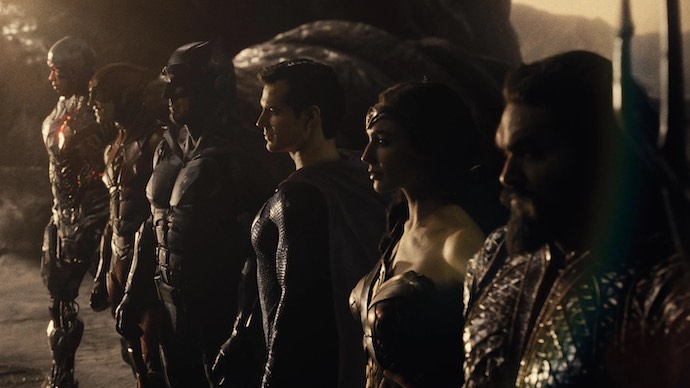
To state the obvious: DC remains in full control of their entire roster of super characters. The collection is gently nestled under the wing of Warner Brothers, and has been for decades.
Conversely, Marvel famously sold the rights to several characters many years ago (including Spider-Man, X-Men, and Fantastic Four) and has been scrambling to reacquire those character rights.
And while Marvel has reclaimed many of them, several great characters (including Spider-Man) still aren't fully under Marvel's ownership. In order to work those characters into the MCU, deals need to be made—and deals between studios can be notoriously fragile.
The fact remains: the DCEU has a tactical advantage over the MCU, if for no reason other than its filmmakers having an entire catalog of fully-owned characters to work with and full creative control of what they can do with those characters.
